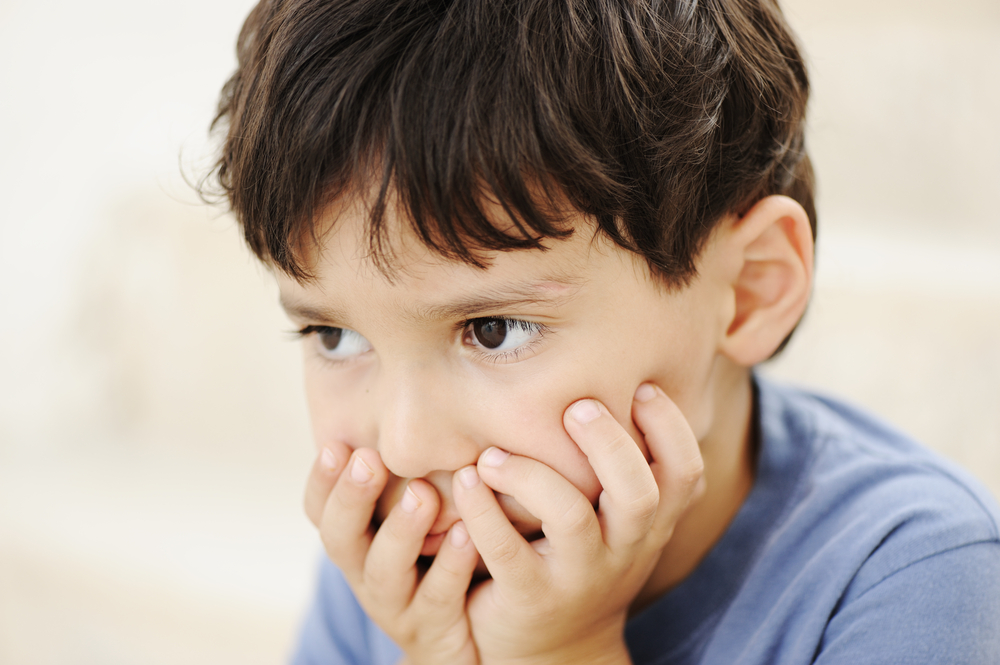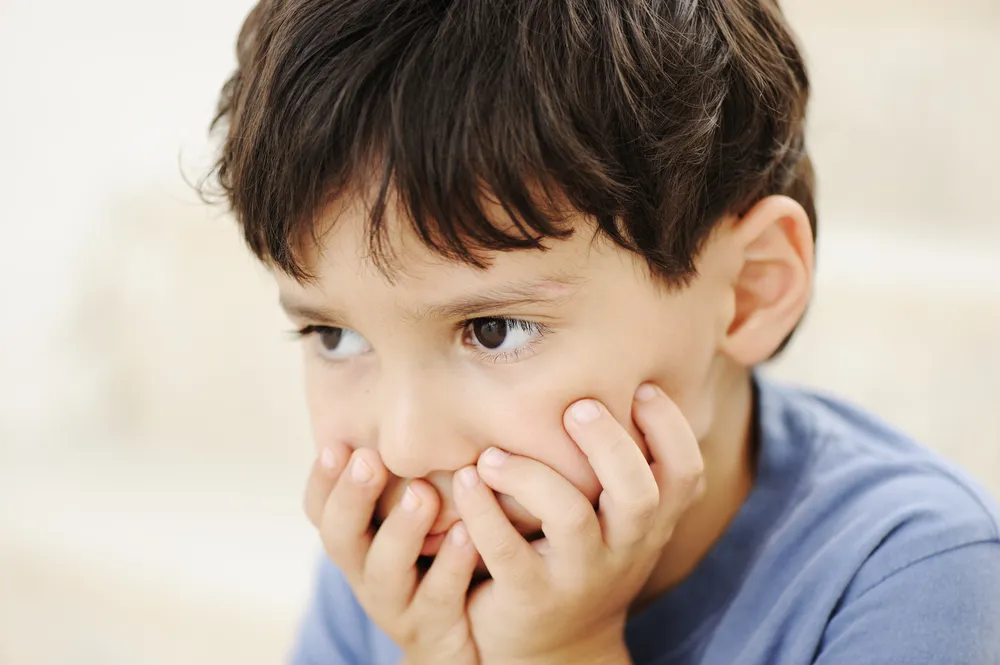Your child may have ADHD if he or she shows manifestations of inattention, hyperactivity, and/or impulsivity in particular ways. Your child may:
- Be in constant motion
- Squirm and fidget
- Have problems listening
- Have trouble playing quietly
- Talk excessively
- Interrupt or intrude on others
- Be easily distracted
- Not finish tasks
Types of ADHD
There are three different types of childhood ADHD:
Hyperactive-type
The child shows both hyperactive and impulsive behavior. However, he or she is able to pay attention for the most part.
Inattentive-type
This type was formerly called attention deficit disorder. These children are not unusually active. Since they are not disruptive, their symptoms may go unnoticed.
Combined type
These children show all three symptoms. They are inattentive, hyperactive, and impulsive. This is the most common kind of ADHD.
ADHD Diagnosis
You need a doctor to diagnose ADHD. The symptoms listed above can sometimes be indicative of another issue. Sometimes, what appears to be ADHD might be caused by the following factors:
- A sudden life change
- Undetected seizures
- Medical disorders affecting brain function
- Anxiety
- Depression
- Bipolar disorder
There is no specific kind of ADHD testing. The diagnosis is a complex process that is composed of several steps and requires getting information from many sources. This information comes from you, your child, their school, and other caregivers.
Your doctor will gather information about symptoms, the length of time that those symptoms have been present, and how your child’s condition affects your family. An ADHD diagnosis is given if your child has shown six or more specific symptoms on a continuing basis for more than six months in at least two settings.
Your doctor will give your child a physical exam, and they will take a medical history. They might decide to take a brain scan.
ADHD in Toddlers and Preschoolers
Since little children are so active, how can you tell if your toddler has ADHD? If you notice that your child cannot sit still and they talk all of the time, then they may have ADHD. Children who have ADHD generally can’t concentrate for very long on anything. They even have a problem focusing on a bedtime story.
However, a distinction must be made here. Even toddlers with ADHD may be able to focus on things that really interest them. Maybe certain toys or video games will hold their attention.
ADHD in Elementary School Children
Not every child with ADHD is hyperactive. However, if your child is, it tends show up in their school-age years. There might be other symptoms that you notice, too. They might be unable to focus and have problems making good decisions or planning out things.
Other symptoms may include:
- Problems with sharing
- Problems with taking turns
- Troubles letting others talk
- Problems finishing homework or chores
- Troubles keeping track of things like homework and books
Also, a child with ADHD may be emotional. They can also be accident-prone because they may act without thinking things through.
ADHD in Adolescents
In your child’s teen years, hyperactivity tends to get better. However, your child might feel restless and have problems sitting for long stretches of time. They may have other problems with time, motivation, and organization.
As said before, your child may be able to focus on things that they enjoy. They may also have problems controlling their emotions. Since they tend to be impulsive, they might do risky things. These may include alcohol use and drug abuse, or even lying, stealing, and having unprotected sex. It may be also unwise to let your teen operate a motor vehicle until both of you understand more about their condition.
Treatments for ADHD
The best treatment option for ADHD is a combination of medication and psychological and behavioral therapies. You will need to have a team of doctors, teachers, and therapists work with you on treatment.
Treatments for ADHD
Stimulants
Stimulants are the most commonly prescribed medications for ADHD. Stimulants can decrease hyperactivity and improve concentration. Typical stimulants include Adderall, Dexedrine, Vyvanse, and Ritalin. With newer formulations of these classic medications, your child only needs to take the medicine once a day.
Your doctor will need to monitor the dosage of the medication carefully. This is both with respect to the right therapeutic dose and also with respect to side effects. The side effects can include decreased appetite, stomach pain, problems with sleep, headaches, and anxiety. In rare cases, more severe side effects have been reported.
Non-Stimulants
Strattera and Catapres are non-stimulant drugs used for ADHD. Another one is Intuniv. You must also watch for side effects with these medications.
Sometimes, your doctor may want to prescribe antidepressant medication. They will probably use SSRIs, such as Wellbutrin or Effexor.
Psychological Therapy
Behavioral therapy might be the most common of the therapies used for ADHD. The therapist will want to work with you to develop strategies to help your child’s behavior. Many times, it is mixed with interventions that help with learning issues. If your child has low self-esteem, depression, or anxiety, the recommendation might be to pursue a form of psychotherapy, perhaps cognitive behavioral therapy.
ADHD in Girls
The symptoms of ADHD in girls can be different than those in boys. They are more likely to have problems with attention rather than hyperactivity. This makes them harder to spot than boys.
Boys with ADHD are more likely to have behavior problems. Many times, the concern is how their behavior affects others. With girls, it’s more about how their problem affects themselves.
Girls who have ADHD are more likely to be daydreamers than troublemakers. Your daughter might comply with what the teacher tells her to do, but she has problems focusing.
Girls with ADHD are more likely to have anxiety and depression and low self-esteem.
Conclusion
Childhood ADHD can be difficult to live with and diagnose. Many doctors and laymen feel that ADHD might be overdiagnosed in the United States. Many think that doctors are too quick to medicate children who may just have motivational problems. This being the case, you might want to get a second opinion about your child’s diagnosis of ADHD.
If you think that your child may have a real case of ADHD, you might want to think about the possibility of using therapy with no medication as a first attempt to deal with the issue. Therapy can be a useful tool to deal with life issues even if there is no real issue with ADHD. As a last resort, you can always go back to your doctor for a prescription medication.
What also is the case is that you should take a positive parenting role with respect to your child. You should have talks with your child about their goals and aspirations and the motivation necessary to accomplish them. Nothing can substitute for the wisdom of life that you can pass down to your children.

